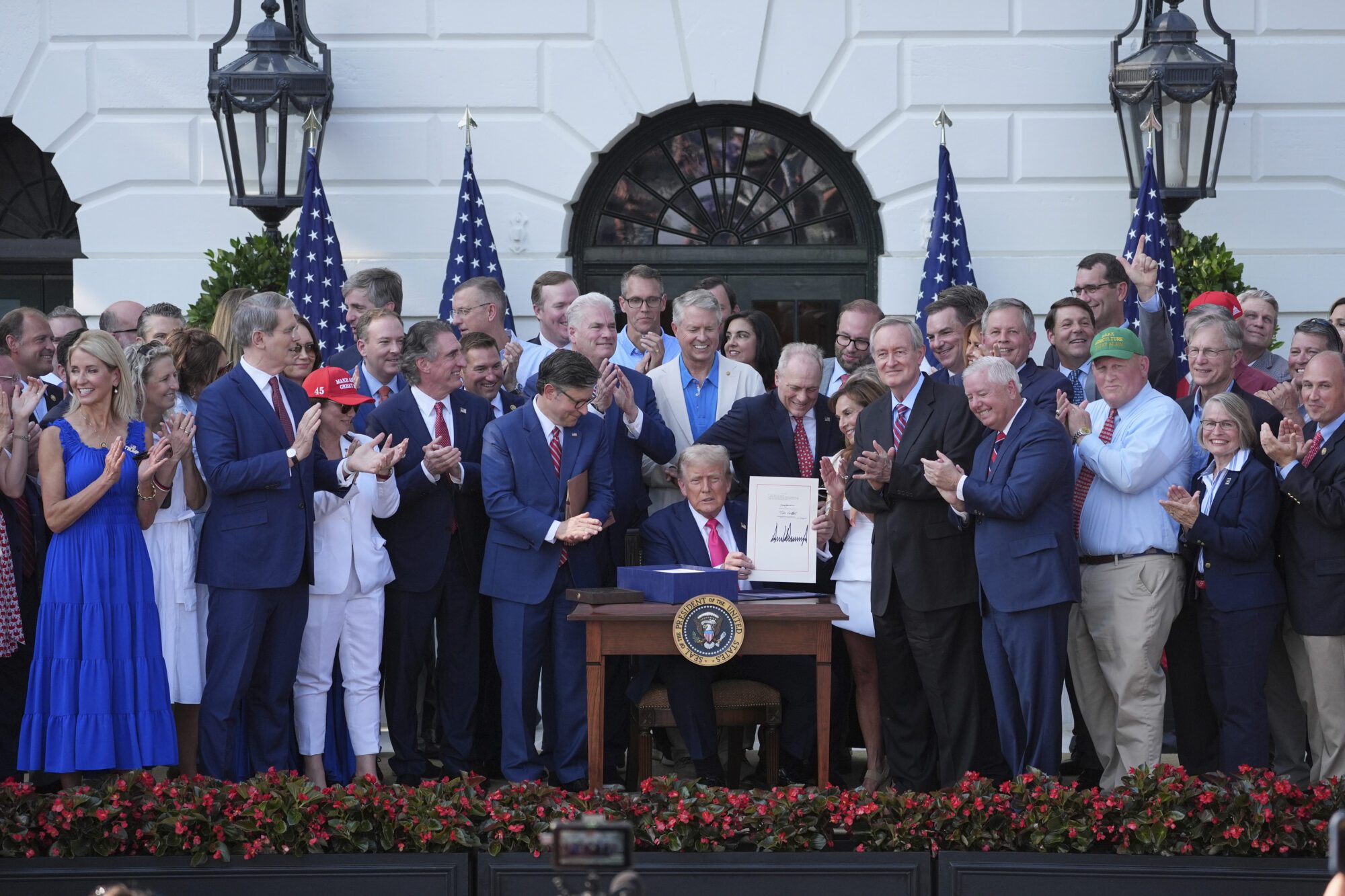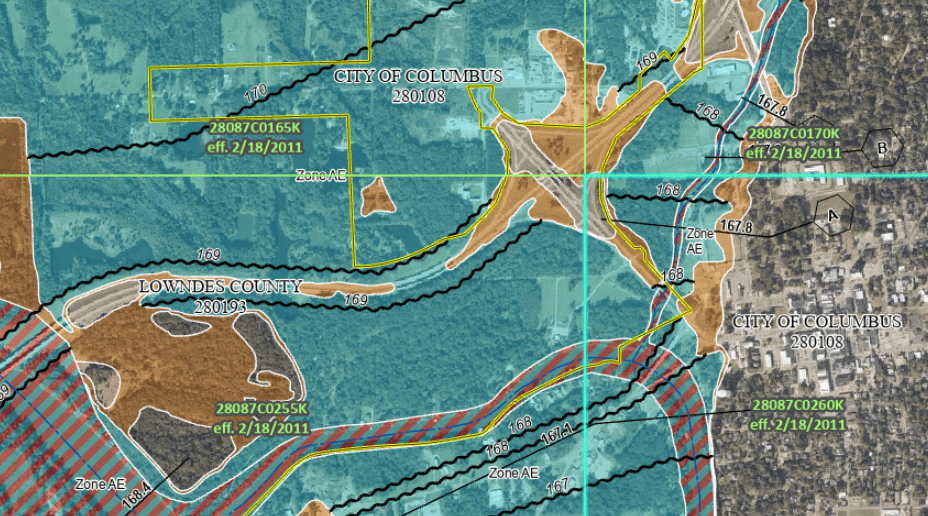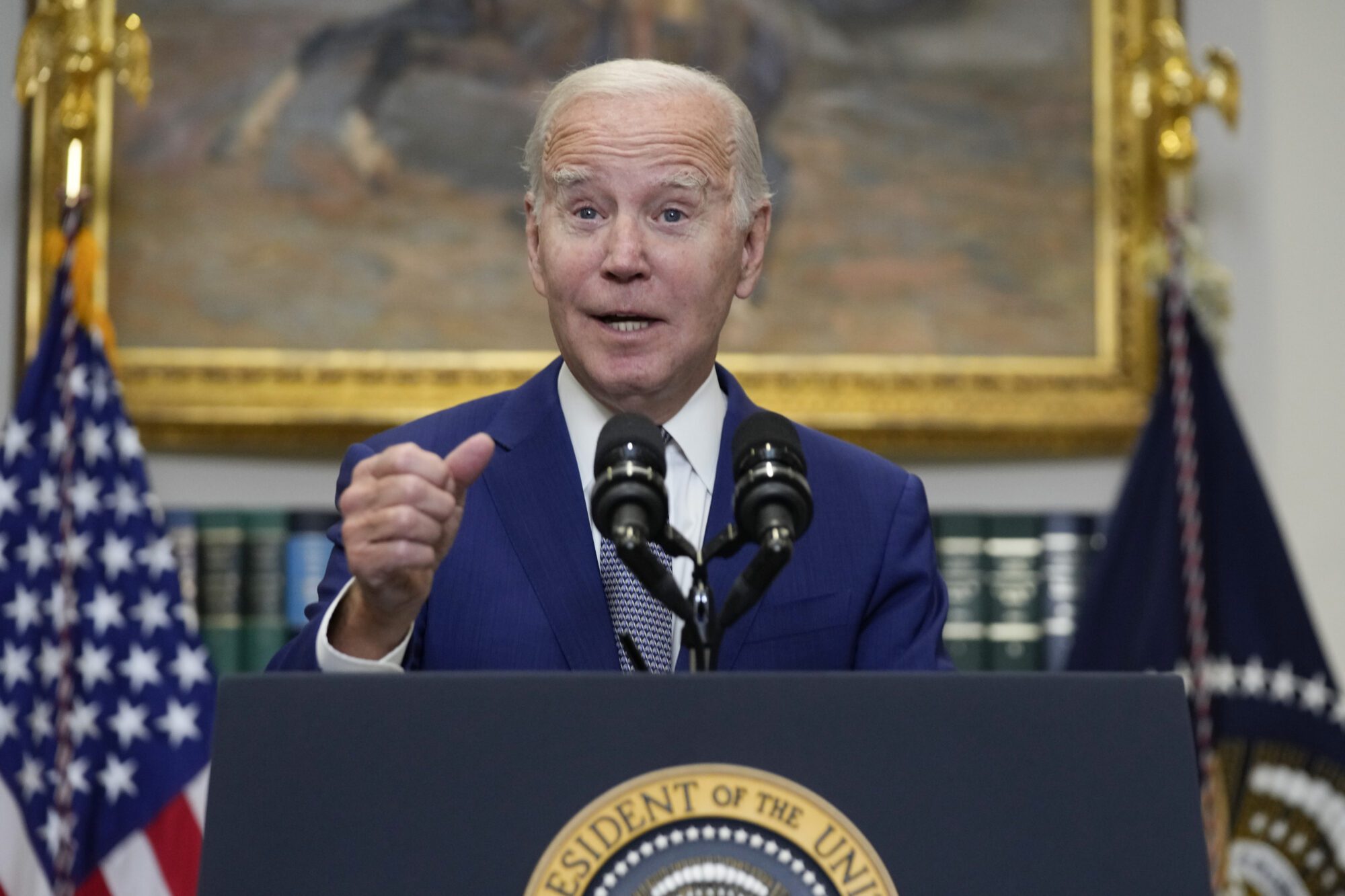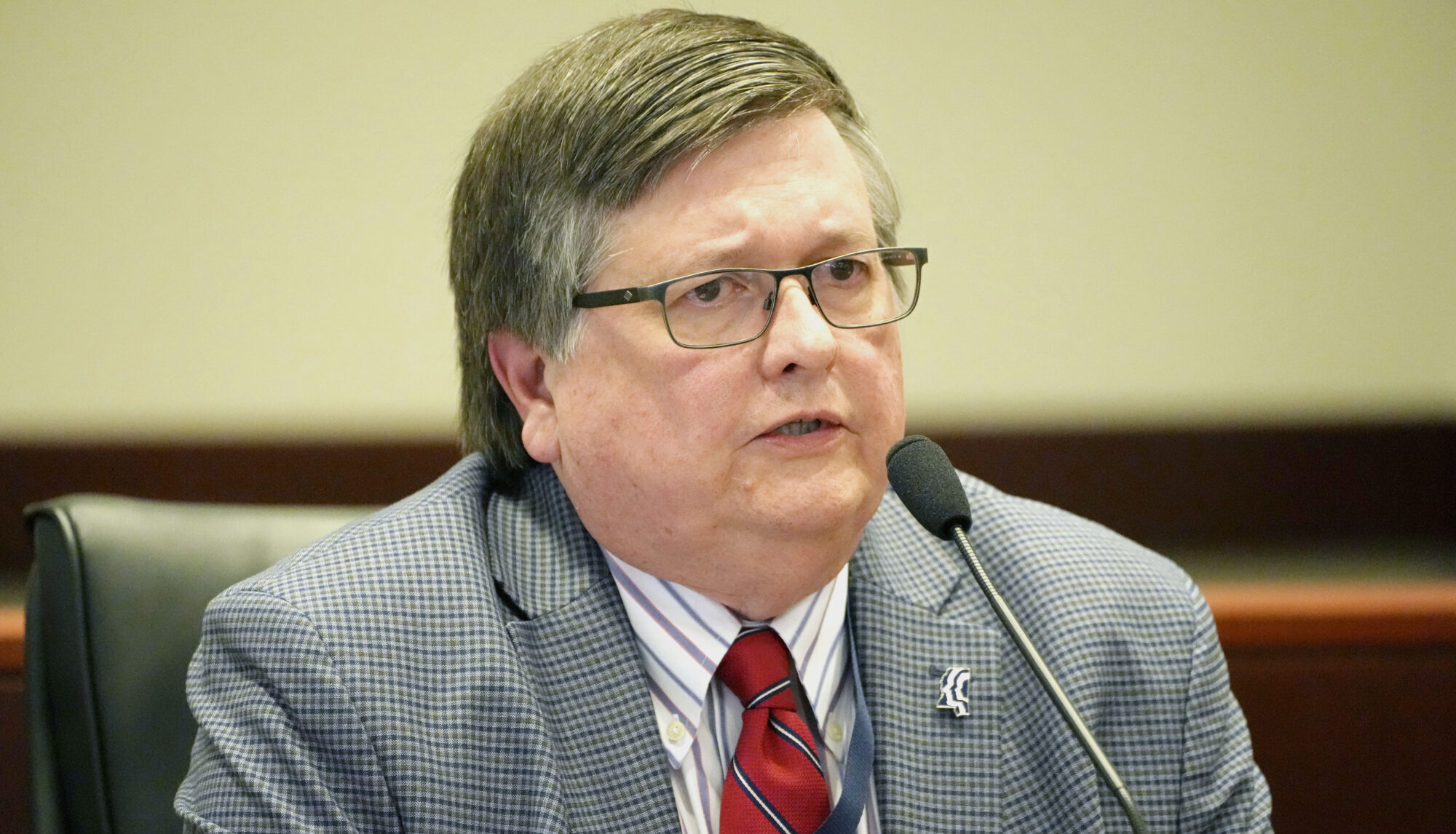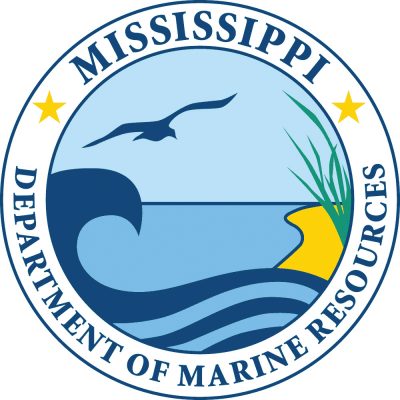
The FY 2021 budget for the Mississippi Department of Marine Resources (DMR) was not adopted by the Legislature before the end of the fiscal year last week, meaning it is operating temporarily on advanced federal funds the Governor’s office has utilized to maintain its mission until lawmakers reach agreement and send it forward to Gov. Tate Reeves for his signature.
How long those funds can sustain DMR is unclear at this time, but Governor Reeves has said it won’t last long.
The current state of DMR operations doesn’t seem to be at issue. While there was once a concern by legislators about how DMR was managed following the indictment and arrest of a former executive director in 2013, the current leadership under Joe Spraggins has been exemplary.
The reason for the stalemate now seems to be a debate over who should control millions of dollars in GOMESA funds – the Governor or the Legislature.
GOMESA stands for the Gulf of Mexico Energy Security Act. It was created in 2006 under a revenue-sharing model for oil and gas producing gulf states. Under the act, Alabama, Louisiana, Mississippi and Texas receive a portion of the revenue generated from oil and gas production offshore in the Gulf of Mexico. The act also directs a portion of revenue to the Land and Water Conservation Fund. The current period to submit project applications expired on June 30, 2020.
Under GOMESA, the allowable uses of funding are outlined as:
- Projects and activities for the purposes of coastal protection, including conservation, coastal restoration, hurricane protection and infrastructure directly affected by coastal wetland losses;
- Mitigation of damage to fish, wildlife or natural resources;
- Implementation of a federally-approved marine, coastal or conservation management plan;
- Mitigation of the impact of activities through funding of onshore infrastructure projects; and
- Planning assistance and the administrative costs of complying with this section (not more than 3 percent)
In April 2020, Governor Reeves announced over $51 million in GOMESA funds had been designated to the State of Mississippi.
Since the inception of GOMESA, DMR has accepted proposals for projects that may receive funding. These projects are restricted to Hancock, Harrison and Jackson Counties. The Office of the Governor then coordinates with DMR to vet the projects and award funding. The Legislature has not required a listing of projects before setting the DMR and Governor’s overall spending authority.
Leaders in the Mississippi House believe the process should be changed. They want the GOMESA projects listed in the DMR Appropriations Bill, instituting a procedure by which the Governor and DMR must submit a list of recommended projects to the Legislature for consideration prior to adopting the DMR budget.

State Rep. Manly Barton, a member of the Jackson County delegation who is viewed by many of his colleagues as an authority on GOMESA funds as he previously served as a county supervisor, told Y’all Politics DMR’s experience and expertise should not be lost in this debate.
“What doesn’t need to get lost is that the projects vetted and recommended should come throguh DMR,” Barton said. “Whether they are listed or not, DMR should make the call. They have the experience and expertise.”
While some may view this as another attempt to restrict the new Governor’s authority, the desire to have GOMESA funds vetted by lawmakers dates back at least two sessions as lawmakers have questioned the previous projects awarded through GOMESA, viewing them as either frivolous or unnecessary.
The award of funding to Biloxi for placement of pre-cast decorative concrete panels alongside concrete walkways that cover beach storm water outfalls, as well as funding for Gulfport’s new Aquarium raised eyebrows as much of the recent awards have focused on Harrison County, leaving Hancock and Jackson coastlines fighting for the scraps.
Governor Reeves expressed his disdain for the Legislature not sending him a budget for DMR before the end of the fiscal year, saying in a tweet on July 2nd, “Coast senators and Sen. Hopson did right and tried to fix the mess, but House leaders in the legislature just packed up and left without a budget for DMR—big state agency that handles fishing and fireworks. I’m shocked. The agency is shut down now. It’s July 4th weekend.”
Coast senators and Sen. Hopson did right and tried to fix the mess, but House leaders in the legislature just packed up and left without a budget for DMR—big state agency that handles fishing and fireworks. I’m shocked. The agency is shut down now. It’s July 4th weekend.
— Governor Tate Reeves (@tatereeves) July 2, 2020
The Governor issued an update to that tweet soon thereafter, stating, “We were able to find a temporary funding solution over the weekend to allow people to safely fish. Won’t last long—still need legislature to do their job and pass a budget. But we were able to find a fix to prevent you from bearing the cost—that’s not fair to you.”
Update: We were able to find a temporary funding solution over the weekend to allow people to safely fish. Won’t last long—still need legislature to do their job and pass a budget. But we were able to find a fix to prevent you from bearing the cost—that’s not fair to you.
— Governor Tate Reeves (@tatereeves) July 2, 2020
DMR remains the only state agency without a legislatively appropriated operating budget for the FY 2021 year that started July 1.
Sources tell Y’all Politics that some Senators initially shared the position the House has taken regarding these funds, but that minds were changed as discussions between the chambers broke down and the pandemic has persisted, leaving the Legislature uncertain as to when or how they can conduct business in a safe environment.
Reports from the Capitol indicate leaders have closed the building at least until July 20th as various lawmakers, including Speaker Philip Gunn, have tested positive for COVID-19.
Whether Governor Reeves calls a special session of the Legislature to address the DMR budget even while Coronavirus cases spike at the Capitol or his office finds a way to maintain its mission until it is safe to call lawmakers back, one thing is certain – many Coast families of DMR employees are concerned about their livelihoods and critical work to protect Coast boaters and the environment is in limbo because of the debate over who should see projects and spend GOMESA funds.

